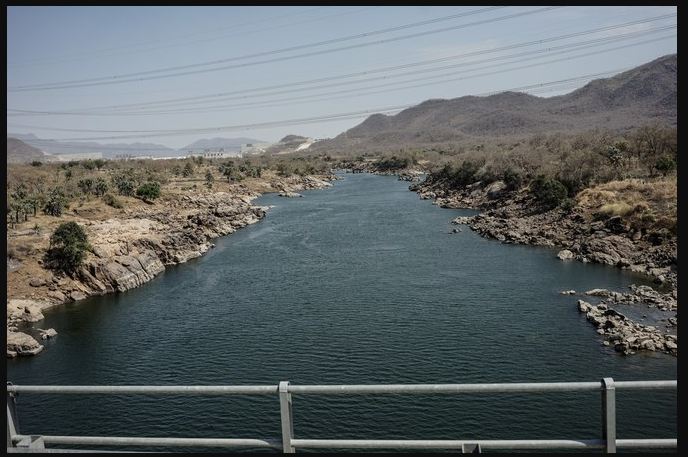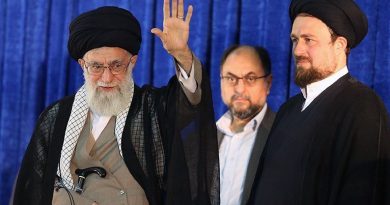Talks Over Ethiopian Dam End Without Agreement, Raising Concerns
Addis Ababa – The latest round of talks regarding the contentious Grand Ethiopian Renaissance Dam (GERD) concluded on Sunday night in Addis Ababa, Ethiopia, without reaching an agreement. The two-day negotiations involved Ethiopia, Sudan, and Egypt, the countries directly affected by the dam’s construction.
Ethiopia’s chief negotiator, Seleshi Bekele, acknowledged that constructive ideas were exchanged on various outstanding issues during the talks. He emphasized Ethiopia’s commitment to continuing the negotiations despite the lack of a breakthrough. However, Egypt’s water ministry placed blame on Ethiopia, accusing it of being “opposed to any compromise.” Egypt expressed concerns over the failure to reach an agreement, emphasizing the need to protect its water security and national interests.
Discussions surrounding the Grand Ethiopian Renaissance Dam have been ongoing for years. The controversial $4.6 billion project, which began construction in 2011, aims to generate over 6,000 megawatts of electricity, doubling Ethiopia’s current output and potentially making it a net energy exporter. Ethiopia considers the dam vital for its development, while downstream Egypt, with a population of 100 million, fears that it will reduce its share of the Nile water, which is crucial for its water needs.
Approximately 85 percent of the Nile River’s flow originates from the Blue Nile in Ethiopia. However, under decades-old agreements dating back to the British colonial era, Egypt has received the majority of the Nile’s waters. Sudan, also downstream from the Blue Nile, has sought a deal to regulate the amount of water Ethiopia will release during significant droughts.
Negotiations recommenced in August after a long hiatus, with Ethiopia and Egypt aiming to reach a deal by November. Earlier this month, Ethiopian Prime Minister Abiy Ahmed announced the completion of the final phase of filling the dam’s reservoir.
During the United Nations General Assembly, Egyptian Foreign Minister Sameh Shoukry expressed concerns about Egypt’s water scarcity issues and criticized Ethiopia for beginning construction without consulting other Nile states. Ethiopian Foreign Minister Demeke Mekonnen, in his UN address, asserted that the dam represents the legitimate development aspirations of Ethiopians and emphasized its potential to enhance regional integration and prosperity.
On Monday, Ethiopia’s foreign ministry acknowledged the legitimacy of concerns raised by Egypt and Sudan but underscored the need to protect Ethiopia’s rights in the matter.
The failure to reach an agreement in the latest talks raises concerns about the ongoing dispute over the GERD and highlights the pressing need for further negotiations to find a mutually acceptable resolution. The Nile River’s waters are vital for the economic and social well-being of the countries involved, and a comprehensive agreement is crucial to ensuring stability and cooperation in the region.



